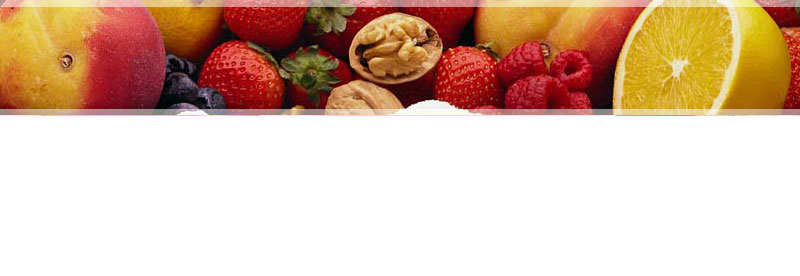| Isoleucine | ||||||||
| print the page | email the page |  |
|
|||||
- Why isoleucine is good for you
- Important isoleucine facts
- Groups at risk of isoleucine deficiency
- Symptoms of isoleucine deficiency
- Isoleucine and health
- Isoleucine in foods
- Isoleucine recommended daily intake (RDI)
- Isoleucine works best with
- Overdosage, toxicity and cautions for isoleucine
Why isoleucine is good for you
Isoleucine is an essential amino acid which is important in stabilising blood sugar and energy levels. Isoleucine is required to create haemoglobin (the oxygen carrying red blood cells which contain iron) and is also involved in blood clot formation.
Isoleucine is often used by bodybuilders to help build more muscles.
- Isoleucine is part of the three branched chain amino acids (BCAA) - the other two are valine and leucine
- Isoleucine's chemical composition is identical to leucine, but the arrangement of its atoms is slightly different resulting in different properties
Groups at risk of isoleucine deficiency
- Athletes and mountain climbers - people involved in strenuous athletic activity under extreme pressure and high altitude may require more of this amino acid
- People on low protein diets - people who are not eating enough protein foods may not get enough isoleucine in their diet
People in these groups at risk of isoleucine deficiency should talk to a medical professional about isoleucine supplementation BEFORE taking it
Symptoms of isoleucine deficiency
Deficiency only usually occurs in individuals who are deficient in dietary protein - symptoms are similar to hypoglycaemia and may include:
- headaches
- dizziness
- fatigue
- depression
- confusion
- irritability
Advertisement
- Muscle building and recovery - isoleucine helps prevent muscle proteins from breaking down during exercise and may also be beneficial in preventing muscle wasting and promoting tissue repair after surgery or trauma
Talk to a medical professional about isoleucine supplements BEFORE taking them
| FOOD | AMOUNT | Isoleucine (mg) |
|---|---|---|
Tuna, canned in oil |
1 can (171g) | 2295 |
Chicken breast roasted, no skin |
1 cup (140g) | 2293 |
Snapper, cooked |
1 fillet (170g) | 2060 |
Halibut, cooked |
1/2 fillet (159g) | 1956 |
Soybeans, dry roasted |
100g | 1920 |
King mackerel, cooked |
1/2 fillet (154g) | 1845 |
Lean veal leg, cooked |
100g | 1808 |
Romano cheese |
100g | 1685 |
Lean veal sirloin, cooked |
100g | 1672 |
Lean shoulder lamb, cooked |
100g | 1651 |
Lean round beef, cooked |
100g | 1643 |
Gruyere cheese |
100g | 1612 |
Lean veal shank, cooked |
100g | 1588 |
Turkey, light meat only, cooked |
100g | 1570 |
Turkey breast only, cooked |
100g | 1563 |
Swiss cheese |
100g | 1537 |
Alaskan king crab |
1 leg (172g) | 1525 |
Turkey leg meat, cooked |
100g | 1518 |
Advertisement
Isoleucine recommended daily intake (RDI)
| RDA | 12mg/kg body weight (adults) 28mg/kg body weight (kids 10-12) 80mg/kg body weight (infant 3-6mths) |
|---|---|
| TOLERABLE UPPER LIMIT | 5-10g (none established) |
| TOXIC LEVELS | 2g/kg of body weight (adults) |
- Folic Acid
- Vitamin B1 (Thiamin)
- Vitamin B3 (Niacin)
- Vitamin B12 (Cobalamin)
- Vitamin H (Biotin)
- Magnesium
- Valine
- Leucine
In order to balance an isoleucine supplement, it needs to be kept in balance by: 2mg of each of leucine and valine for each 1mg of isoleucine. Talk to a natural health practitioner to get the right balance.
Overdosage, toxicity and cautions for isoleucine
Isoleucine taken at very high doses is associated with elevated urination.
CAUTION
High intake of isoleucine is not associated with any health risks in general, but those with kidney or liver disease should not consume high intakes of amino acids without medical advice.

references
- Osiecki H, Meeke F, Smith J, The Encyclopaedia of Clinical Nutrition - Volume 1: The Nervous System, BioConceps Publishing QLD 2004

